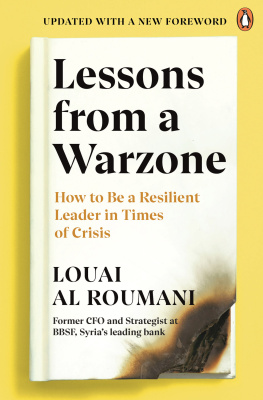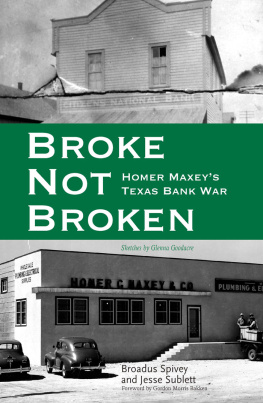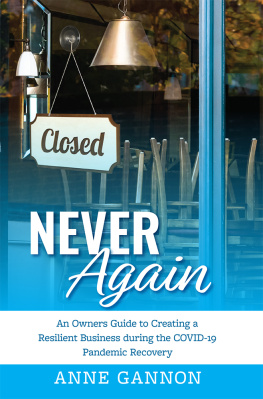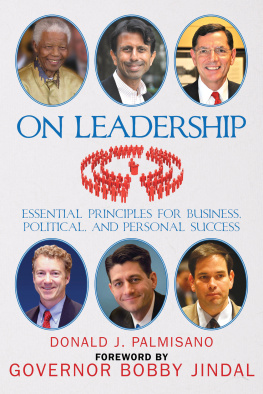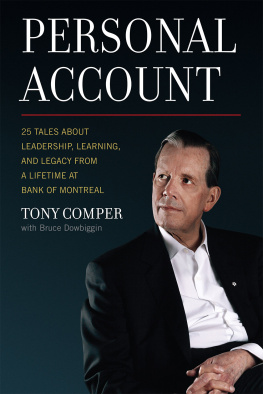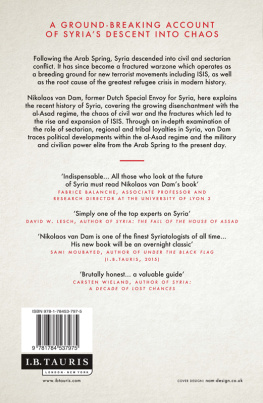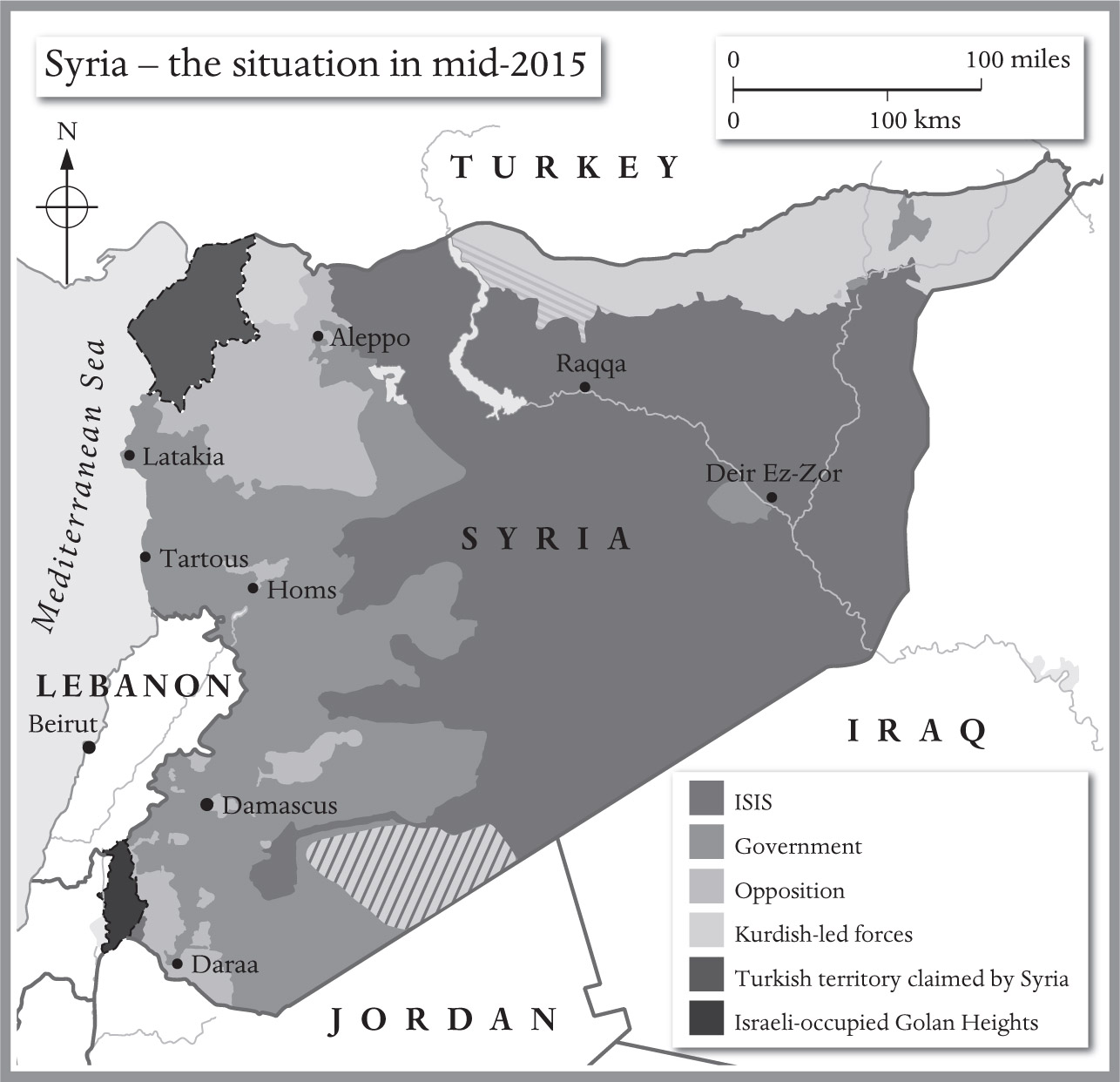Louai Al Roumani - Lessons from a Warzone: How to be a Resilient Leader in Times of Crisis
Here you can read online Louai Al Roumani - Lessons from a Warzone: How to be a Resilient Leader in Times of Crisis full text of the book (entire story) in english for free. Download pdf and epub, get meaning, cover and reviews about this ebook. year: 2020, publisher: Penguin Books Ltd, genre: Politics. Description of the work, (preface) as well as reviews are available. Best literature library LitArk.com created for fans of good reading and offers a wide selection of genres:
Romance novel
Science fiction
Adventure
Detective
Science
History
Home and family
Prose
Art
Politics
Computer
Non-fiction
Religion
Business
Children
Humor
Choose a favorite category and find really read worthwhile books. Enjoy immersion in the world of imagination, feel the emotions of the characters or learn something new for yourself, make an fascinating discovery.
- Book:Lessons from a Warzone: How to be a Resilient Leader in Times of Crisis
- Author:
- Publisher:Penguin Books Ltd
- Genre:
- Year:2020
- Rating:4 / 5
- Favourites:Add to favourites
- Your mark:
Lessons from a Warzone: How to be a Resilient Leader in Times of Crisis: summary, description and annotation
We offer to read an annotation, description, summary or preface (depends on what the author of the book "Lessons from a Warzone: How to be a Resilient Leader in Times of Crisis" wrote himself). If you haven't found the necessary information about the book — write in the comments, we will try to find it.
One day, everything is going well; the next, disaster strikes. What do you do when every pillar is collapsing, every rule is being broken and chaos seems to be all around you?
Pessimism be damned. This man steered his bank through four years of a hellish civil war - and the lessons he learnt will benefit us all. Sathnam Sanghera, author of EmpireLand
________________
An inspiring story of resilient leadership in the toughest of times.
Louai Al Roumani was head of finance and planning at one of the largest banks in Syria when the war broke out in 2011.
In Lessons from a Warzone, Al Roumani shares his very personal account of coping with the day-to-day realities of leading an organization in dangerous and hostile conditions. His story shows how inspiration can come from the unlikeliest of places, and how a business can not only survive in chaos, but can learn to thrive - the bank became the undisputed sector leader as peoples trust in its capability to protect their life-long savings strengthened.
In this book, Al Roumani distils the knowledge and skills he and his colleagues developed while steering the bank through four impossible years into ten lessons applicable to any leader facing a crisis today. His valuable and often counterintuitive advice will help anyone understand how to be resilient even in the most challenging of times.
________________
A compelling guide for leaders grappling with the pandemic... the lessons in resilient leadership in turbulent times that Roumani offers are universal. Pilita Clark, Financial Times
Contains powerful lessons about resilience that show how companies can come out of crises better and stronger if they focus on long-term opportunities, no matter how tough it gets in the short term Ana Botn, executive chair, Banco Santander
Louai Al Roumani: author's other books
Who wrote Lessons from a Warzone: How to be a Resilient Leader in Times of Crisis? Find out the surname, the name of the author of the book and a list of all author's works by series.

